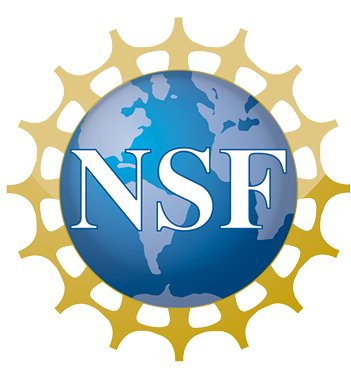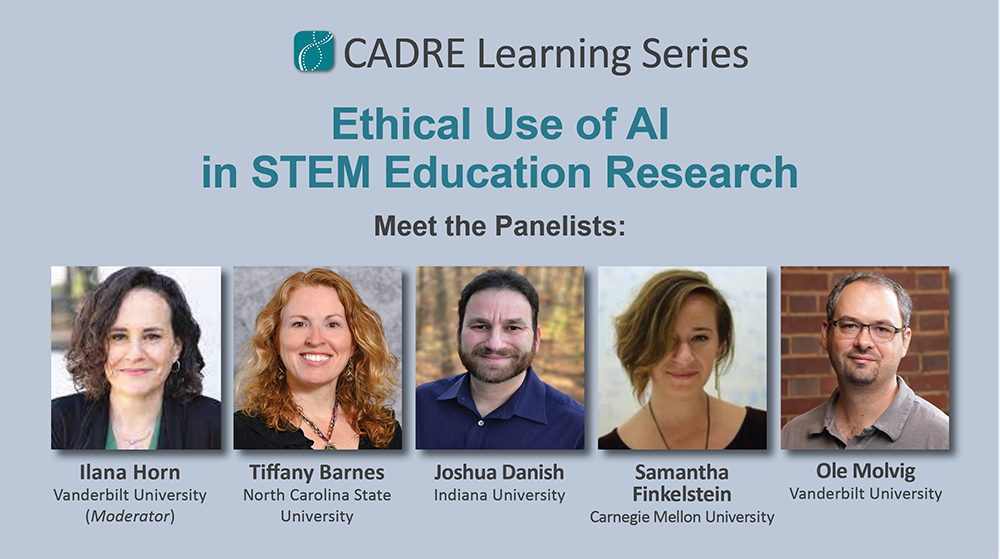NSF Office Hours for ITEST Scaling Expanding & Iterating (SEI) Proposals
Join STELAR and NSF program officers for an Q&A session in support of those developing a Scaling, Expanding, and Iterating Innovations (SEI) project type proposal ahead of the August 9 ITEST solicitation (22-585) deadline.

 View
View